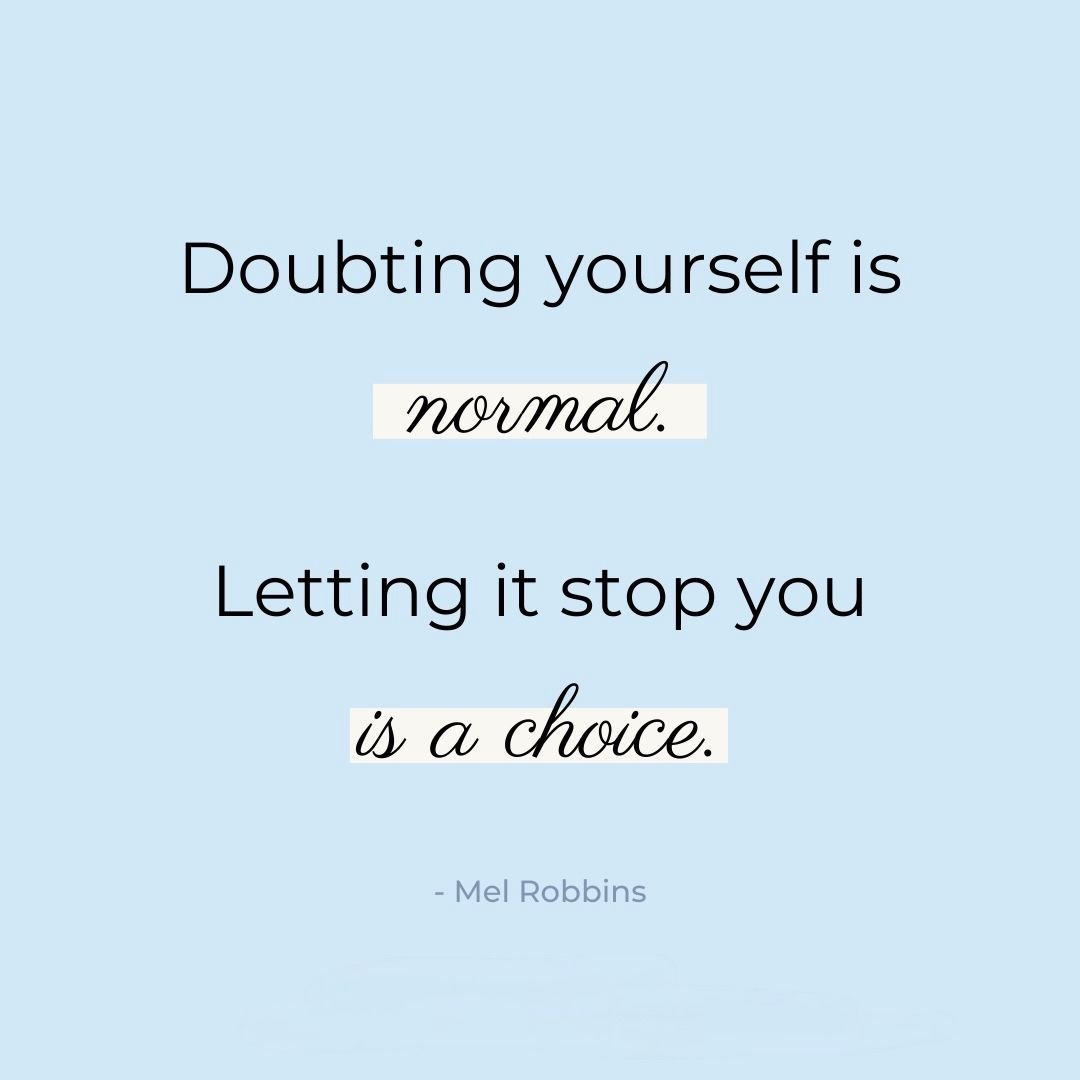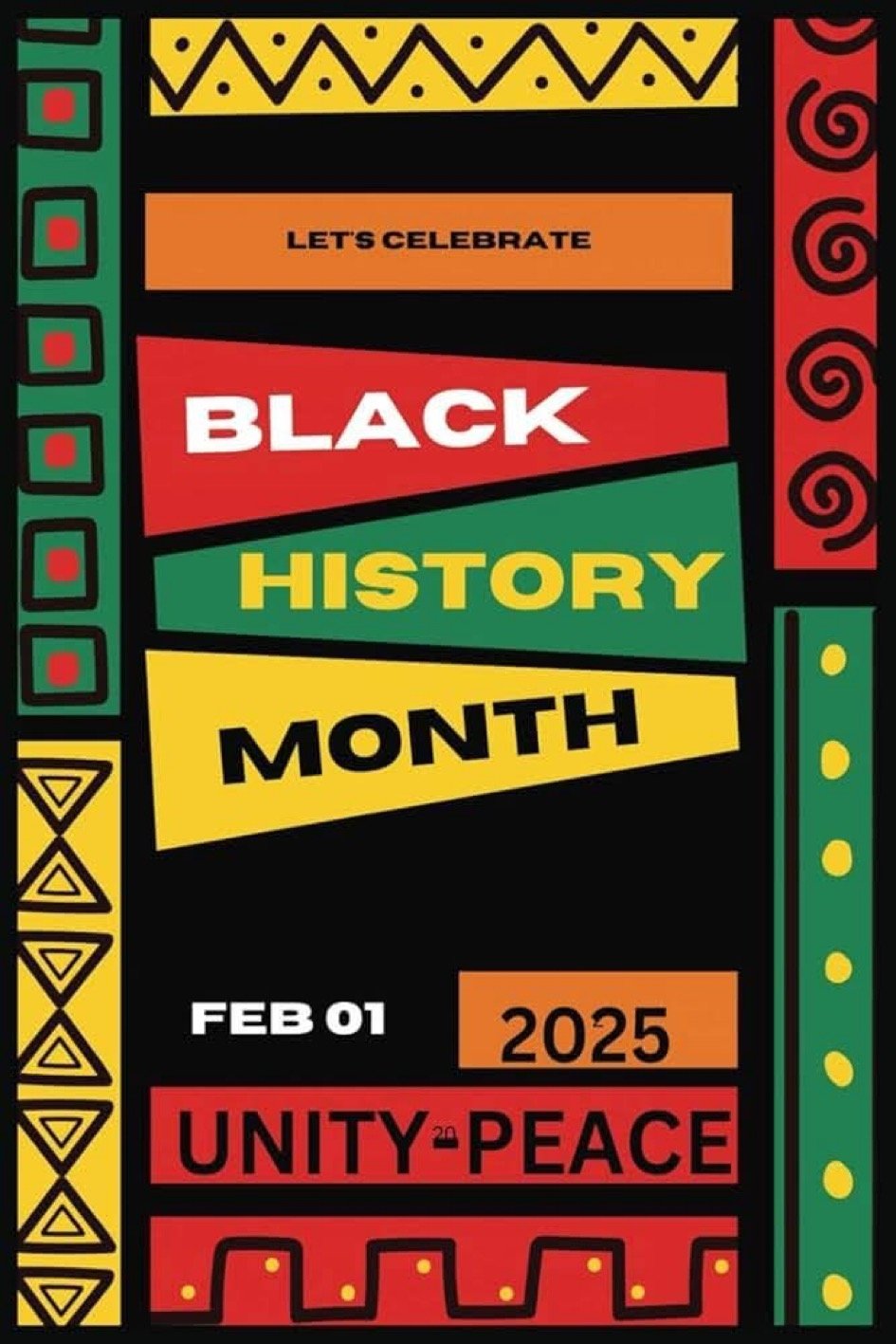Technology is playing a crucial role in increasing workforce participation among people with disabilities. I think to truly harness this potential, organisations must embrace purposeful design thinking and human-centered design to create inclusive workplaces that genuinely support diverse talent. But what happens after hiring? If your organisation has invested significant time and resources in integrating diverse employees, yet they feel unheard and overlooked—if they sense that the mainstream always takes priority—they may silently walk away. When that happens, you're back to square one. How is your organisation ensuring that diverse voices are not just present but truly valued?
A way of life
According to the teachings of the ancient Chinese master Lao-Tzu, the Four Cardinal Virtues offer a path to transcend habits and excuses, guiding you back to your original nature. The more you align your life with these virtues, the less control your ego has over you, allowing you to access the full power of source energy.
The first virtue, reverence for life, emphasises unconditional love and respect for all beings. Natural sincerityencourages authenticity and emotional honesty, embracing the mantra: “This is who I am, and this is how I feel”. Gentleness serves as an umbrella for forgiveness, acceptance, and love, fostering inner peace and harmonious relationships. Finally, supportiveness reflects selfless service to others, offering help without expectation of reward. I think by embodying these virtues, one cultivates a life of balance, compassion, and deeper connection to the world.
““Even after all this time, the sun never says to the earth ‘you owe me.’””
The game is unfair
Illustration by Nathalie Lees
Meritocracy assumes that everyone starts from the same position with equal opportunities, but this is clearly not the case for marginalized groups. Structural biases and systemic discrimination often limit access to resources, opportunities, and networks, making it more difficult for these individuals to succeed, even with talent and hard work.
How should I initiate conversations about DEI to effectively highlight these systemic inequities? What’s the best way to address the underlying structures that perpetuate these disparities? And why is removing these barriers essential to truly creating a fair and inclusive environment for all?
What do you think?
Inclusive leadership lies at the heart of DEI, and research shows that 70% of an employee's sense of feeling valued stems from what they see and hear from their leader. To foster this environment, leaders must take ownership and commit to creating programs and policies that make employees feel appreciated and included. I think by embracing inclusive leadership, organisations can unlock the benefits of diverse decision-making, gain new perspectives, and leverage those insights to build a competitive advantage. What do you think?
Open door policy
c/o Harvard Business Review
A discerning leader knows the importance of boundaries, as not everyone deserves your time, attention, or energy. While it’s essential to be available to those you lead, not every request or individual is worth your focus. I think that using discretion in granting access is vital for maintaining your well-being and effectiveness. Leaders who set clear boundaries ensure their time and energy are used purposefully, focused on those and tasks aligned with their mission. What do you think?
Empathy is not weakness
c/o Lolly Daskal ©
Words are powerful as they can both build up or tear down. An empathetic leader understands the weight of their words and speaks with thoughtfulness and restraint. They listen first, reflect, and then respond with wisdom. I think a leader’s words should inspire, uplift, and guide, never harm or discourage. In a world full of noise, an empathetic leader knows that intentional and thoughtful communication is key to lasting influence. What do you think?
Forward thinking
Long-term planning is essential for leaders navigating an increasingly turbulent, ever-changing, and hyper-competitive world. Unlike management, leadership requires the ability to look ahead and make sense of uncertainty. A wise leader understands that time is a powerful, dynamic force. I think they recognise that life and leadership operate in seasons, each bringing its own opportunities and challenges. True leaders manage time with intentionality, prioritising what matters most. Planning ahead, making the most of every moment, knowing that without the wisdom to navigate time, their influence and impact will fade. Interested? Contact me via email for further details about cultural and emotional intelligence coaching.
Yes We Can
Barack Obama can be considered an outsider in multiple ways, depending on the context. Initially, he was a political outsider, but as the first Black president of the United States, his outsider status extended beyond politics. His "Yes We Can" slogan positioned him as a challenger to the status quo, yet once in office, he had to navigate and work within the very system he sought to change. Even after leaving office, he remains a transformative figure, continuing to challenge conventional thinking on issues of race, democracy, and global leadership.
Obama’s outsider status was both a strength and a challenge. It helped him mobilise new voters and inspire change, but it also made him a target for those resistant to shifts in power and identity. His presidency serves as a powerful example of how outsiders can redefine the system—if they can successfully navigate the resistance that comes with it.
Work-life balance
Danish workers place a strong emphasis on work-life balance, meaningful work, and flexibility. They value workplaces that prioritise personal well-being, autonomy, and a sense of purpose in their roles. I think that companies that embrace these values, while fostering a culture of trust and transparency will be better positioned to keep their employees. Providing opportunities for professional growth, encouraging open communication, and supporting a healthy work environment can further enhance employee satisfaction and loyalty. In a competitive job market, companies that align with these expectations not only attract top talent but also build long-term engagement and resilience within their workforce.
Outsiders may be attractive
Once you recognise that truth is not always taught to the masses, the pursuit of it can become a solitary journey. While many seek comfort in the support of others, few have the strength to walk alone. I think there is great value in being an outsider. Outsiders often have a clear vision of what they bring, but they face conflict because not everyone acknowledges or embraces their contributions. In other words, as an outsider, you may possess significant value, but that value is not always recognised or appreciated by others. Contact me via email if any of this resonates with you.
Pay attention
People tend to focus on what is happening in their immediate environment and plan only for the near future. The problem with this approach is that they often neglect distant threats, which may have a significant impact in the long run. This is part of human nature as distant threats simply don’t evoke the same sense of urgency or fear as immediate dangers, such as a looming economic recession or a natural disaster. Future problems often feel too abstract for us to act on; for example, the effects of climate change may seem gradual and intangible, making it easier to delay necessary action.
““Knowledge isn’t free. You have to pay attention.” ”
An alternative model
Research indicates that while 80% of organisations consider leadership a high priority, only 41% are adequately prepared to meet the challenges of identifying and developing leadership talent. To address this gap, I offer comprehensive leadership coaching that focuses on emotional intelligence and cultural understanding. My approach begins by helping you envision a detailed and vivid picture of your future, creating a clear and compelling vision of what you want to achieve. Once we establish and understand your unique perspective, we can identify new outcomes and goals that align with your aspirations. From there, we dive into tailored coaching sessions designed to unlock your potential and equip you with the skills needed to thrive as a leader.
Contact me via email for further details.
This makes sense
illustration: Lan Truong ©
Leaders are judged by their ability to cultivate and maintain strong relationships, as well as their capacity to determine the right course of action. The goal of leadership should be to empower those who are struggling to succeed while further enhancing the success of those who are already excelling. How do you hold others accountable for their responsibilities?
““Diversity is having a seat at the table, inclusion is having a voice and belonging is having that voice be heard.””
Dedicated to my late father
Language shapes our perceptions, emotions, and interactions, influencing how we see the world and those around us. The words we choose, whether consciously or unconsciously, carry weight. Consider the difference between loneliness and solitude; one evokes isolation, while the other suggests peace and self-reflection. Every word is like a seed, it can grow into a weed that chokes our perspective or a flower that fosters understanding and connection. Hate, whether personal or collective, has never been a path to greatness. It narrows our vision, preventing us from recognising goodness, progress, or possibility. If we seek growth, connection, and impact, our words must plant the right seeds.
Subtle shifts in behaviour
We live in an era shaped by ambitious goals and external expectations, where the pressure to measure up to others can make personal aspirations feel out of reach. The constant comparison - whether in careers, leadership, or personal growth - can create a sense of distance from one’s own path. As a leader, manager, or executive, the ability to navigate these pressures with clarity and confidence is crucial. Investing in coaching isn’t just a professional decision; it’s a commitment to self-awareness, strategic thinking, and sustainable growth. By developing your leadership capacity, you not only elevate yourself but also create a ripple effect that empowers those around you.
If you're ready to take the next step in your leadership journey, let’s connect. Send me an email to schedule a free 30-minute discovery session and explore how coaching can support your goals.
Black History Month 2025
““A people without the knowledge of their past history, origin and culture is like a tree without roots.””
Navigating unchartered territory
Image c/o @arvind.lakhani2
Effective leadership often involves questioning established norms and embracing innovative thinking. Leaders who prioritise emotional intelligence, and have a willingness to challenge their own beliefs are better equipped to inspire their teams and adapt to the ever-changing landscape of business. I think to move forward, leaders must challenge conventional wisdom and unlearn assumptions. Like an inventor or scientist, a leader operates in uncharted territory.
““Every great inventor or scientist has had to unlearn conventional wisdom in order to proceed with his work.””
Reaching the next level of leadership requires deliberate effort, it’s not a natural consequence of time or seniority. Tenure alone should never be the reason someone holds a leadership position. Advancing in leadership roles requires deliberate efforts in skill enhancement rather than relying solely on tenure. I think that leadership training should be crucial for career advancement.
The distinction matters
If you are in leadership development, talent management or HR, I think it’s critically important that you clarify the differences in leadership and management. When designing leadership development programs, be intentional about whether you are fostering leadership skills or management skills? As these titles should be used deliberately and clearly so that you don’t use them interchangeably. Smart is learning, wise is unlearning and the distinction matters.
Navigating unique challenges
Image: Pixabay ©
Self-awareness begins with self-knowledge, I mean understanding who you are, what you care about, and recognising your beliefs, strengths, limitations, values, emotions, and reactions. It is the ability to understand your emotions and how they shape your perceptions, thoughts, and impulses to act. Emotional self-awareness is particularly important because it helps direct our attention, allowing us to recognise what we are feeling, how intensely we feel it, and where it is guiding our focus. Since attention shapes our reality, being aware of how emotions influence it provides a valuable diagnosis of our current state. Maturity, in this context, involves widening the gap between impulse and action, enabling thoughtful and intentional responses.
The awareness of self
Although self-awareness is the least visible aspect of emotional intelligence (EQ), research indicates that individuals with low self-awareness struggle to develop strengths in other areas of EQ. By contrast, those with high emotional intelligence consistently achieve excellence in leadership, decision-making, and relationships. To cultivate self-awareness in emotional intelligence, it’s essential to focus on four key components.
Recognising emotions and their impact is like having an emotional radar, constantly scanning for shifts in your internal weather. This awareness helps you stay attuned to your feelings and how they influence your actions.
Understanding your personal strengths and limitations allows you to know when to lean into your superpowers - and when it’s time to call for backup.
Identifying your values and motivations serves as an internal compass, guiding you toward what truly matters in life.
Acknowledging biases and blind spots is crucial; while we all have them, the self-aware make a conscious effort to recognise and reduce their influence.
Together, these components form the foundation of emotional intelligence and a deeper connection to yourself and others. How do you cultivate self-awareness in your daily life?





















